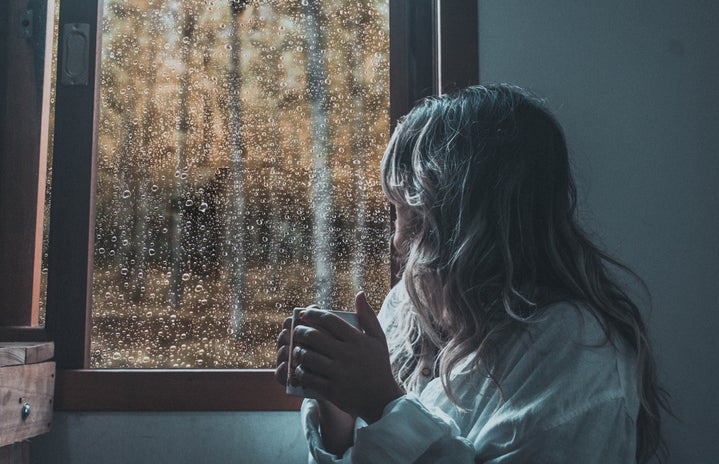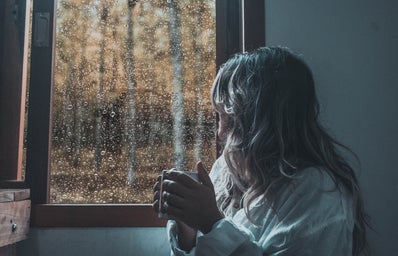One of the first things people associate with toxic relationships is the term “co-dependency.” It’s a buzzword around social media, and it can mean a lot of things, but to put it simply, it is an excessive and addictive dependence on someone else, or in this case, your partner. It is when you become so reliant on another person that you become unable to provide for yourself when they are not available. You lose yourself in someone else.
One of my biggest fears in life was becoming co-dependent again. This fear stemmed from a lot of things, but mainly from people of my past who had taken advantage of my love and devotion. I’m sure we can all relate to this.
It took a long time for me to forgive not only my past and the people in it, but also myself. Forgiveness is a huge part of moving on from trauma. It is the part that most people talk about and most people have trouble with. I, on the other hand, have always been really forgiving. I had no problem forgiving people for what they did to me, however, the hard part for me is that I also had to eventually forgive myself for allowing it to happen. And with this forgiveness came me having to learn to trust myself again.
They say that the hardest relationship you experience in life is always the healthy one after the toxic one. I never really understood why people would say this. Shouldn’t it be easier if you are with someone healthy rather than toxic? The reason that a healthy relationship after a toxic one is so difficult is that you have subconsciously trained your mind to not trust your judgment. It’s like your heart and mind become enemies; you subconsciously self-sabotage or you gravitate toward toxic environments and destructive behavior because that is what you are used to.
Fast forward to my current relationship, I thought I had it all figured out. I have a healthy boyfriend who is loving, selfless and more than I could ever ask for in a partner. However, I found myself pulling back and pushing him away. I would force myself to not depend on him in any way, shape or form, out of fear of looking like a fool again. I started doing countermeasures to prevent myself from getting hurt again when there was no real reason to. This led me to a dark place and I began to repeat patterns that people from my past had done to me. I became selfish because I started associating selflessness with weakness and self-betrayal.
Dependency is not co-dependency. And on the other hand, independence doesn’t mean neglecting your partner’s needs and dependence doesn’t mean that your relationship is unhealthy. Being around unhealthy, unstable and toxic environments growing up, whether it be in your relationships or your household, can cause you to associate that chaos with love. This can cause healthy environments to feel foreign to you.
I am learning that it is okay to be in love and it is okay to need someone once in a while. Not everyone will hurt you, and until you accept this, you will keep hurting them. If you carry resentment and distrust from your past and into your present, you will end up repeating those same self-destructive patterns onto someone who never deserved it. The cycle can end at you. It is up to you to either learn from your past, or to become it, and it is never too late to make that choice now. Your future and past self will thank you.





